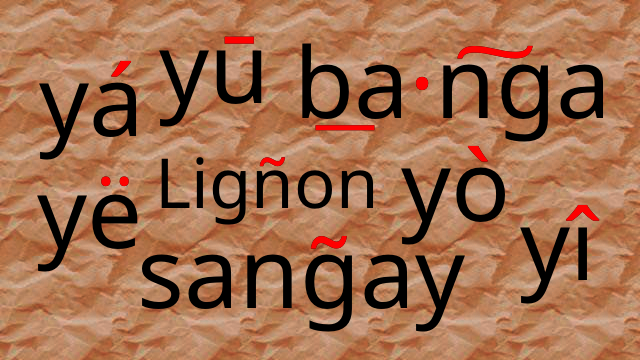
CSS

Styling diacritics
If you are wondering if there is a way to add a colour to diacritical marks, also called accent signs, then you are in the right place! Why? Because the answer is, yes, and I will show you how.

@font-face browser support test page
ᜋᜊᜓᜑᜌ᜔
If you can see the Filipino greeting Mabuhay above in Baybayin script, your browser have support for webfonts. You should see the actual fonts of the websites that use webfonts (a.k.a. CSS2 @font-face rule) - as the designer intended.

How-To implement cross-browser @font-face support
Firefox 3.6 “Final” was released today and one of the major addition is the support for the Web Open Font Format or “WOFF”. The result of a collaboration between the font designers Erik van Blokland and Tal Leming with help from Mozilla’s Jonathan Kew.

The YOOki (柳紀 ・ 유 기) Chronicles is ᜌᜓᜃᜒ (Yuki ・ 雪亮)’s return into casual and personal blogging. The name “YOOki” is a mash-up of the acronym of YourOnly.One and my nickname ᜌᜓᜃᜒ (Yuki ・ 雪亮).
Interestingly, according to Chinese legend, 「柳」 (YOO) is an ancient Chinese surname. The ancestors of the surname were closely linked with the ancient sage-king named Yu Shun. In Korea, the 「유」 (YOO) lineage traces to the Xia, Han, and Joseon dynasties. Holders of the surname Yu or Yoo had a reputation for charity and diligence
.1
It is also the word for “willow” or the “willow tree” which means graceful or slender; and a tree growing near a body of water which provide continuous nourishment and resources for everyone. It can also mean to exist, an oil (anointment(?)), and simply as “U” (you).
The hanzi 「紀」 (ki) character means to record, be disciplined, provide order. While the hangul equivalent, 「기」 (ki; gi), means energy, spirit, a banner, and a period of time; and is also a suffix used to make a gerund or an infinitive.
Can you guess what I mean by 「柳紀」 and 「유 기」 as the Chinese and Korean for “YOOki”?
